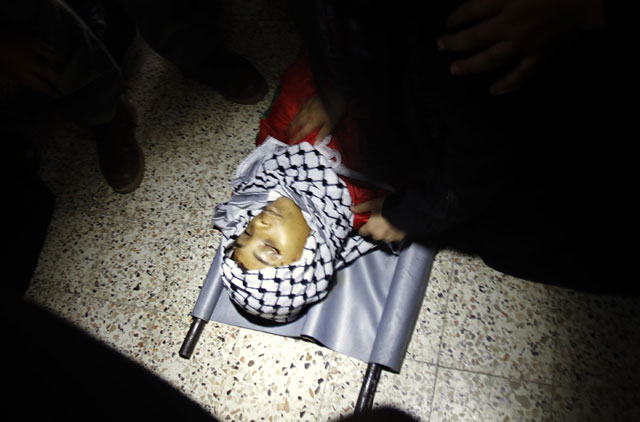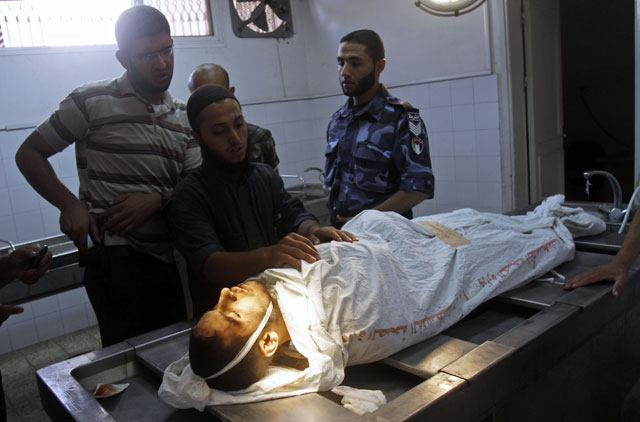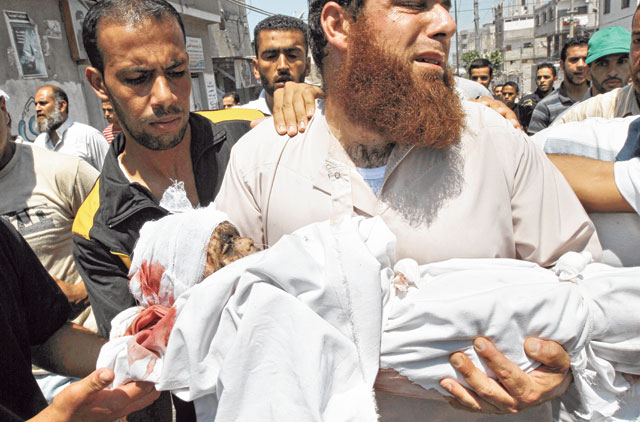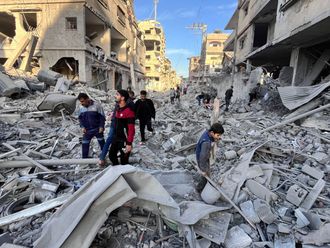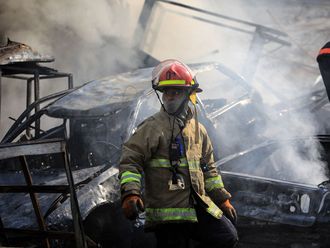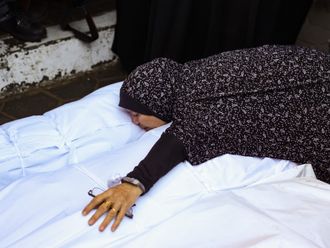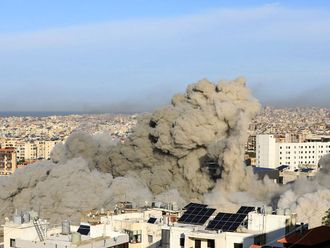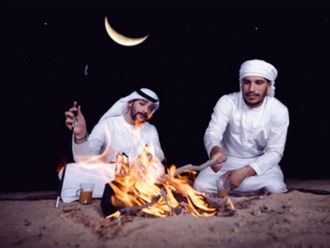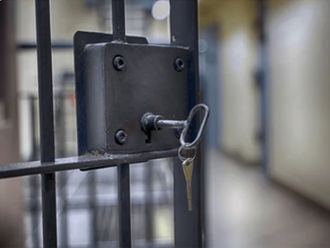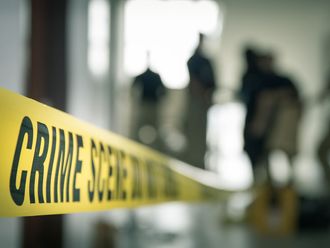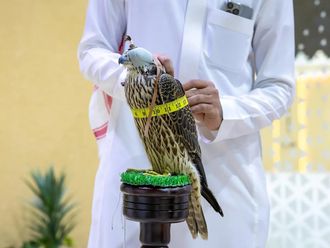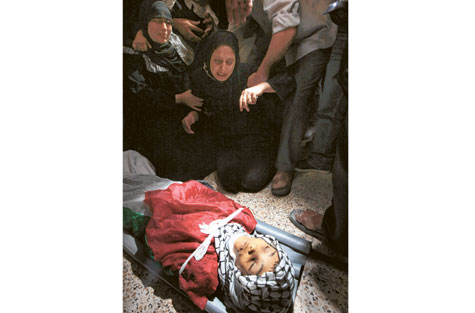
Gaza: Israel has blamed rulers of the Gaza Strip for the attacks in southern Israel without, specifying who they believed were behind the attacks.
On Thursday Israeli jets bombed Gaza and killed the secretary general of the Popular Resistance Committees (PRC) and four others in Rafah.
Abu Mojahed the spokesman of the PRC said: "We will respond to this attack and Israel has to pay the price for their crimes against our people."
Yakob Azera, an Israeli political analyst, said on Israel Radio: "Hamas is the one in charge of Gaza whether it is Hamas or any other faction, the Islamic group ruling the Strip is responsible for the attacks on southern Israel."
Hamas denied any link to the rocket attacks on Israel.
In a brief statement Hamas said, "we have nothing to do with these attacks in southern Israel but we will respond to any attacks from the Israeli side."
Extremists
Azera added: "This might be the biggest operation against Gaza since the Operation Cast Lead in 2009 but still the Israeli generals have not finished drawing their plans."
Egypt recently started a military operation against extremist groups in Sinai who are believed to have links with Al Qaida.
In the meantime Hamas was monitoring and guarding the Palestinian side of the borders to prevent incursions.
"There are many parties taking advantage of these attacks on southern Israel and the response on Gaza. The biggest winner of these attacks is the Israeli Prime Minister Netanyahu," Shaker Shabat, political analyst, said.
Israel has been facing huge demonstrations for weeks over social injustices and the government failed to stop these rallies but these attacks on Israel did.
Shabat added: "The extreme government led by Netanyahu was unable to deal with the protesters in Israel for weeks."
A group born with intifada
The Popular Resistance Committees (PRC), the Gaza-based group blamed by Israel for Thursday's shootings which killed eight Israelis near Eilat, sprang up in 2000 as an offshoot of the Fatah movement.
The armed faction emerged at the start of the second Palestinian uprising as a violent splinter group from the mainstream Fatah party which is headed by Palestinian president Mahmoud Abbas.
It was one of several groups involved in the capture of Israeli soldier Gilad Shalit in June 2006, and was accused by Israel on Thursday of launching a deadly spate of shooting attacks on a desert road near Eilat with the aim of snatching another soldier.
Since its formation in September 2000, the PRC's sole raison d'etre appears to be organising anti-Israeli attacks, and over the years it has attracted breakaway members from all the main factions, including the nationalist Popular Front for the Liberation of Palestine, as well as Hamas and the radical Islamic Jihad.
The wide-ranging background of its membership has allowed it to frequently collaborate with other groups. In June 2006, PRC fighters participated in a deadly cross-border operation with the armed wing of Hamas and a previously-unknown group called the Army of Islam which saw them kill two Israeli soldiers and capture Shalit, who is still being held at a secret location in Gaza.
The Army of Islam had been set up several months earlier by PRC leader Jamal Abu Samhadana as a small offshoot, with sources within the movement saying they were largely considered to be one and the same. On Thursday, Israel launched another airstrike on a building in Rafah, killing the group's current leader, Kamal Al Nairab, and three other senior operatives, in what the military said was retaliation for the attacks in the Negev desert.


